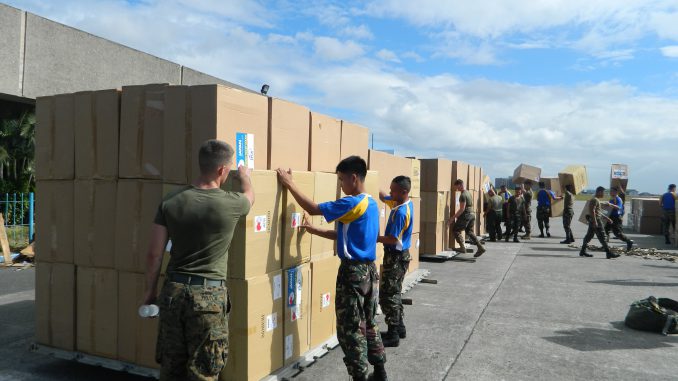
Eight out of the top ten deadliest as well as costliest natural disasters that were recorded between 1980 and 2014 have happened since 2003. Not only natural disasters, but also manmade disasters are expected to increase another five-fold over the next fifty years due to environmental degradation, rapid urbanization as well as the spread of diseases in the developing world. It is estimated that around 80 percent of the expenditures of aid agencies are in the area of supply chain management. Consequently, measuring and optimizing the performance of their relief chains has become critical for all organizations involved in disaster management.
A new MBS Working Paper about Humanitarian Supply Chain Performance Management develops and critically evaluates a modified version of the Balanced Scorecard to improve the efficiency and effectiveness of supply chain processes in the disaster relief context. The paper is co-authored by MBS Bachelor student Alexandra Sauer and MBS professors Patricia Kraft and Carsten Rennhak.
Alexandra Sauer, Patricia Kraft, Carsten Rennhak: Humanitarian Supply Chain Performance Management: Development and Evaluation of a Comprehensive Performance Measurement Framework Based on the Balanced Scorecard, Munich Business School Working Paper 2016-02, 2016.



